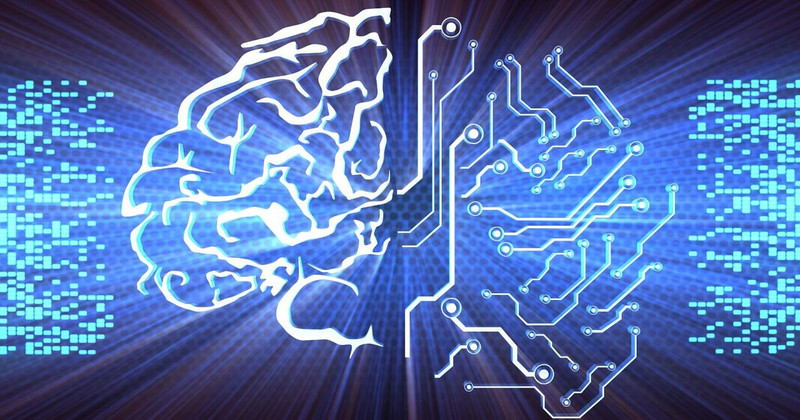Just having closed on July 7, the recent “AI for Good Global Summit” gathered about 3,000 experts from leading technology companies as well as universities and organisations around the world. The summit also featured the participation of special guests of robots including robot rock singer Desdemona and robot nurse Grace.
Secretary-General of the International Telecommunication Union Doreen Bogdan-Martin said the summit was an opportunity for the world’s leading experts in AI to work together to solve various governance issues of this technology to ensure a responsible future with AI technology.
Also at the summit, the United Nations Secretary-General Antonio Guterres affirmed that AI’s development must benefit everyone, while urging the world to urgently find consensus on what the guiding norms for AI deployment should be. In fact, more and more economic sectors are benefiting from AI. This technology contributes significantly to improving labour productivity and the quality of people’s lives.
The Belgian government recently announced a budget plan to develop AI applications in the healthcare industry for 2024. The Indonesian city of Jakarta also turned to AI to solve the problem of severe traffic congestion. Meanwhile, the World Food Programme (WFP) has announced that from 2024, AI-powered robotic vehicles will be able to deliver food packages to areas affected by conflicts and natural disasters.
AI’s development must benefit everyone and the world needs to urgently find consensus on what the guiding norms for AI deployment should be.
The United Nations Secretary-General Antonio Guterres
However, the potential dangers from AI are also one of the top concerns of technology researchers and the public. A recent Reuters survey found that more than two-thirds of American respondents expressed concern about the negative effects of AI and 61% of them believe that AI can threaten human civilisation.
Compared to a "double-edged sword", AI products can create dangerous content, spread false information, cause academic fraud, leak data and violate privacy if they are not strictly controlled.
Scientist Geoffrey Hinton, one of the pioneers in the development of AI technology, has urged governments of countries to act quickly to prevent the prospect of machines controlling human society.
Specifically, Hinton expressed concern about AI increasing the risk of inequality in society as most of AI's huge productivity benefits the rich instead of the working class. He also highlighted the risk of fake news created by products like the ChatGPT app.
Existing threats force many countries to step up efforts to manage the impacts of AI. Top officials in the US government have held meetings on this issue 2-3 times a week. The US also called on private companies to participate in addressing the risks.
Meanwhile, the European Union (EU) announced that it will provide 4 million EUR in funding to help developing countries in building AI governance laws. Recently, the European Parliament (EP) passed an important document that can lay the foundation for AI rules while promoting innovation in this field.
AI is an irreversible trend of the world, making practical contributions to human life. In addition to research efforts to take advantage of opportunities and unleash the power of AI technology, countries urgently need to establish safety barriers to truly master it and proactively respond to any potential threats.
















